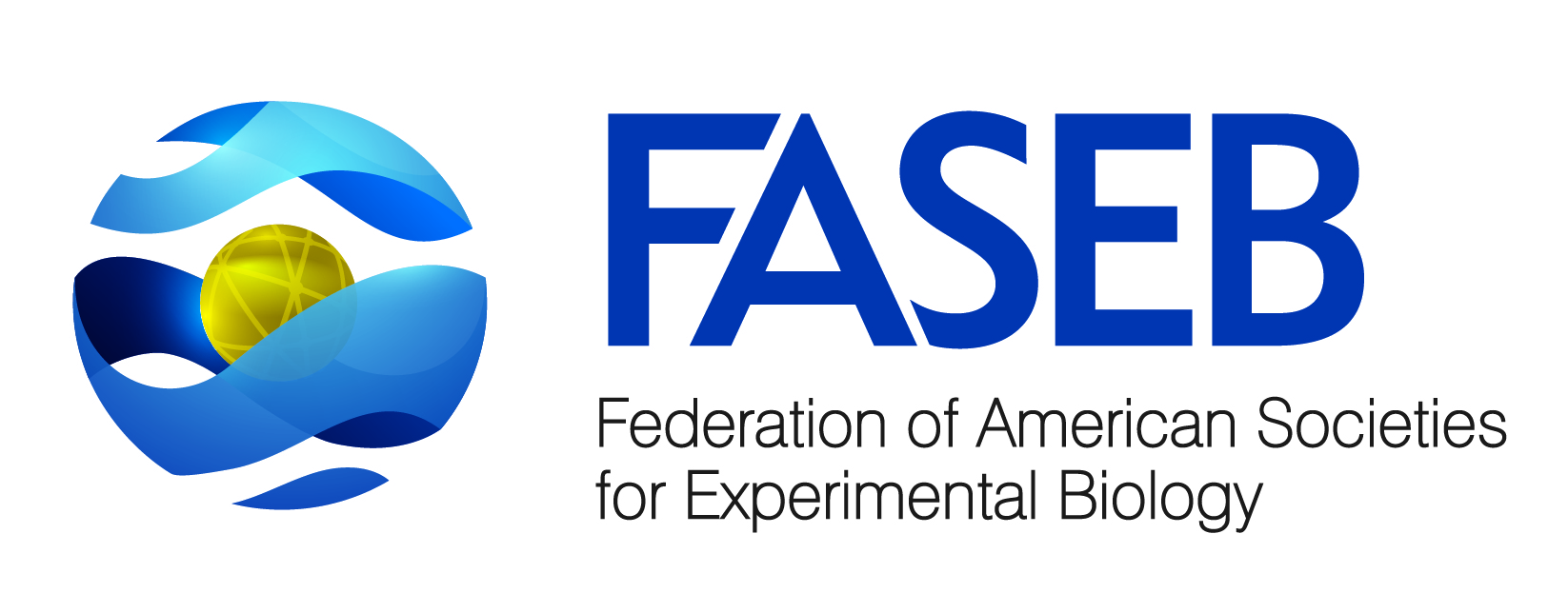Contact: [email protected]
Newswise — BETHESDA, Md., February 19, 2016 – Six scientific societies will hold their joint scientific sessions and annual meetings, known as Experimental Biology (EB), from April 2-6, in San Diego. This meeting, EB 2016, brings together the leading researchers from dozens of life-science disciplines. The societies represented at the meeting will be: the American Association of Anatomists (AAA), the American Physiological Society (APS), the American Society for Biochemistry and Molecular Biology (ASBMB), the American Society for Investigative Pathology (ASIP), the American Society for Nutrition (ASN) and the American Society for Pharmacology and Experimental Therapeutics (ASPET).
Below are some programming highlights:
Biology and therapy of breast cancer metastasis (ASIP)Despite significant improvements in breast cancer detection, diagnosis and treatment, breast cancers that metastasize to other tissues such as the brain, liver or lungs remain extremely difficult to manage. Metastatic breast cancer is the major cause of breast cancer-associated death. In this workshop, speakers will explore recent research on the molecular pathways, cellular interactions and tissue microenvironmental factors that influence breast cancer metastasis (with a focus on brain metastasis) and discuss emerging therapeutic opportunities for clinical management of breast cancer metastasis. (Saturday, 4/2)
New insights into stem cell differentiation and development (AAA)Stem cells have long been known to hold research potential for their ability to develop into many different cell types in the body. In a two-day Stem Cells Mini-Meeting Symposium, speakers will highlight new research on stem cells and the development of neurons, tissue engineering for simple versus complex organs and the use of 3D printing for the construction of stem cell-based biomaterials. (Two-day symposium begins Saturday, 4/2)
DNA repair: Make no mistake about it! (ASBMB)How cells manage to make an extraordinary amount of DNA while avoiding errors that can lead to mutation and disease remains one of the foremost questions in molecular biology. This four-day symposium will focus on how DNA replication, repair and recombination is done right. Aziz Sancar of the University of North Carolina School of Medicine, who won the 2015 Nobel prize for his work on DNA repair and ASBMB’s Bert and Natalie Vallee Award in Biomedical Science, will give a lecture about his work on Tuesday, April 5. (Four-day symposium begins Sunday, 4/3) Cultivating the next generation of researchers (ASPET)Conducting research during undergraduate training has widely-established benefits for students and is critical in cultivating the next generation of researchers. Yet, despite the increased prevalence of undergraduate research programs, there are limited opportunities for faculty and students to come together to share strategies, successes and challenges related to student research. In this panel, hear perspectives from students and faculty mentors and join an interactive discussion to generate insights and feedback on ways to improve student involvement in research. (Sunday, 4/3)
Red and processed meats and health: Controversies for dietary guidance (ASN)The 2015 Dietary Guidelines Advisory Committee report recommends that healthy dietary patterns should be “lower in red and processed meats,” yet also stated that “lean meats can be a part of a healthy dietary pattern.” These statements spurred considerable controversy regarding the role of various types of meat in a healthy diet. Interest and controversy surrounding lean red meats is underscored by a letter signed by 71 U.S. House of Representatives lawmakers sent to the Secretaries of Agriculture and Health and Human Services in 2015 expressing their disappointment with the Advisory Committee’s handling of the lean and red meats topic. In this session, leading experts will discuss the impact of meats on health with a focus on lean, red and processed meats. (Monday, 4/4)
Mechanisms underlying host-microbial interactions in pathophysiology of diseases (APS)Microbial communities living on and within our bodies play a major role in health and disease. When thrown out of sync, these communities can cause illness or increase the risk of disorders such as inflammatory bowel diseases, cancers, obesity, diabetes, autism and asthma. In this discussion, leading researchers will explore how microbe-host interactions protect health in some instances and increase susceptibility to chronic disease in others. Panelists will also share the latest advances in understanding the complex interplay of microbes and hosts in both chronic and infectious disease. (Wednesday, 4/6)
Media Registration Free registration is available to credentialed representatives of the press, and an onsite newsroom will be available for media. Detailed instructions for individuals who wish to request press passes are available on the website.
